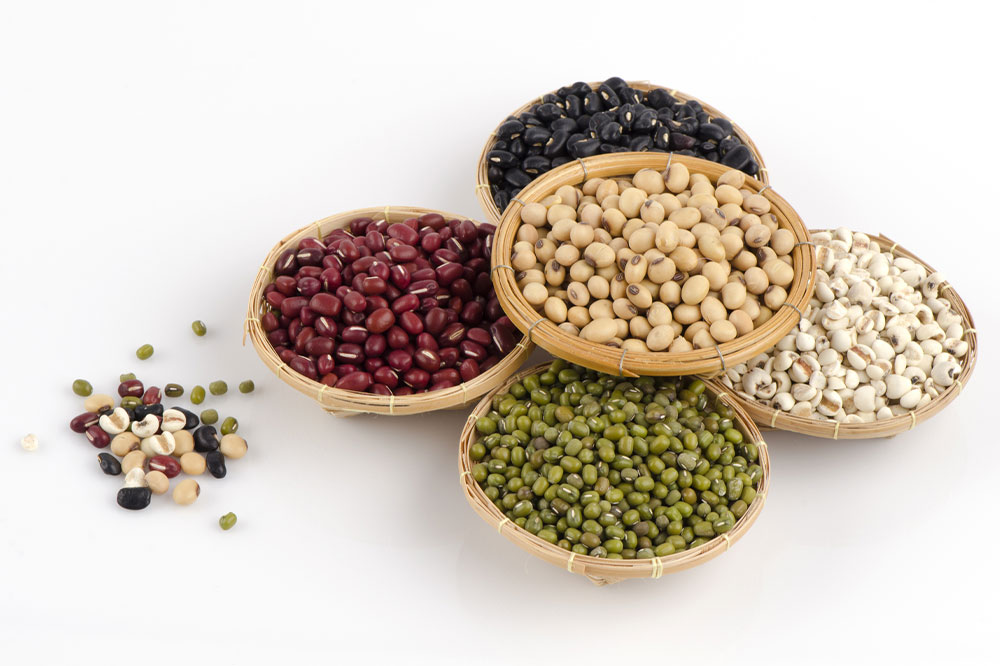Multiple Sclerosis – Early signs and foods to avoid

The immune system is responsible for saving the body from harmful pathogens. A well-developed immune system protects us from most health conditions. However, there are times when the immune system may act strangely and begin to attack the body’s healthy cells, which leads to autoimmune disorders. Multiple sclerosis is a severe and dangerous autoimmune condition that impacts the brain and the spinal cord. It can lead to many early symptoms, such as those listed below.
Vision
Due to the condition’s connection to the optic nerve, MS patients often experience vision loss or double vision.
Mobility
The deterioration of myelin sheath causes miscommunication within the nervous system, which is often seen in the form of loss of balance, vertigo, and dizziness.
Numbness
One of the most common symptoms of MS is numbness caused by the damage to the nerves that carry signals to the brain.
Fatigue
Persistent fatigue and weakness are among the most common early signs of MS.
Most often, what we eat can impact our overall well-being. It is therefore vital to choose our meals and beverages wisely.
Here are some of the foods that are better to be avoided, as they can contribute to the progression of MS:
Saturated fats
High saturated-fat foods can negatively impact MS patients. They can increase LDL levels and lead to stroke, atherosclerosis, and heart attack issues. In addition, foods like cheese, butter, red meat, and processed meat are prominent sources of saturated fats. MS patients are advised to avoid or restrict the intake of these foods.
Sugar
The harm sugar can cause to the body is common knowledge. It can cause increased inflammation, lethargy, weight gain, and more. Lack of activity and increased inflammation can, in turn, result in frequent flare-ups and worsening of symptoms. Therefore, you should avoid sweets, desserts, and sugary drinks.
Trans fats
Most of these have chemical additives and colors that contribute to the body’s immune response deterioration. Trans fats, as is known, belong to the group of “bad fats” that do a lot of harm to the body. They increase the inflammation in the body and can lead to the rise of risk related to health problems, such as MS.
Refined carbs
Foods like breakfast cereals, white rice, white bread, and potatoes are often recommended to be restricted for MS patients. They are common sources of refined carbohydrates and are associated with spikes in blood sugar levels. The unstable insulin can contribute to myelin sheath destruction and cause MS to progress.
Sodium
Studies report high amounts of sodium to be associated with a higher risk of flare-ups and relapse in patients. Apart from that, too much salt in the body can lead to discomfort because of water retention and bloating. It is also related to high blood pressure levels, a concerning factor for MS patients.
Gluten
A number of studies indicate that MS patients have gluten intolerance. Additionally, it has also been shown that gluten increases inflammation in the body and can cause discomfort to MS patients. It is therefore important to avoid or restrict the inclusion of foods and grains that contain gluten.
Besides healthy lifestyle changes, one may require treatment for managing multiple sclerosis.
OCREVUS
This treatment is used for managing relapsing forms of multiple sclerosis. It may work by targeting specific types of B cells that are responsible for triggering this condition. OCREVUS is administered intravenously by professionals, and doctors adjust the dosage according to the severity of the relapse.




